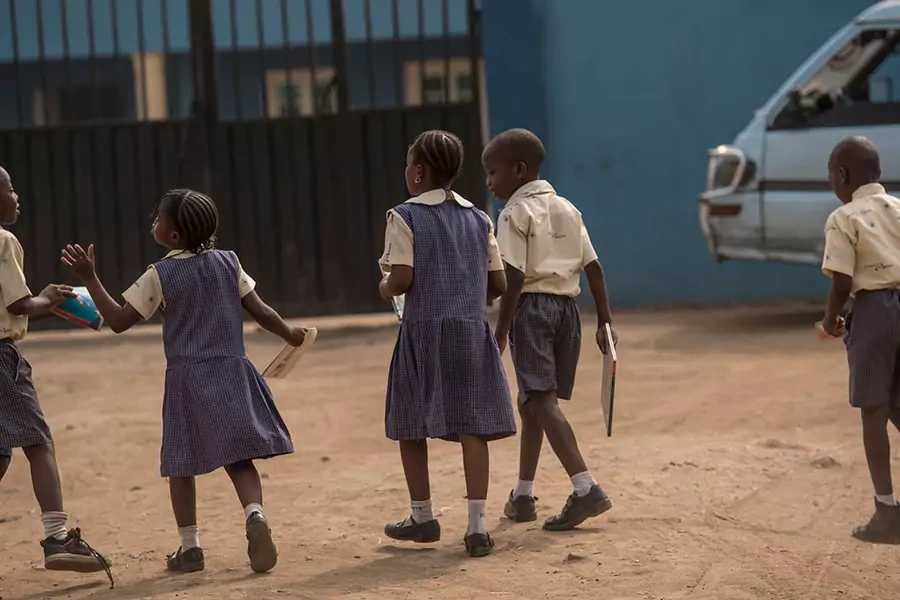Nigeria’s River State Governor Abolishes School Fees

It is widely recognized by Nigerians that a significant barrier to their country’s social and economic development is the limited extent and poor quality of public education, especially at the primary and secondary levels. As of 2010, it is estimated that only 66 percent of primary-age children are enrolled in school. Nigerians commonly recognize the importance of education. With respect to higher education, successive military and civilian governments at the federal and state level have greatly expanded the university system without providing the necessary funding, leading to disastrous consequences for the quality of what had once been an excellent university system. The wealthy enroll their children in private schools domestically or send them abroad. There are now 79 private universities in the country.
However, for the poor—a majority of the population—private education is not an option. School fees, especially at the primary and secondary levels, are a high barrier for the poor to overcome, and many Nigerians struggle to find the funds to keep their children in school.
More on:
Hence, the abolition of all school fees in Rivers State by its governor, Nyesom Wike, appears to be a highly positive step. On June 24, he announced, “From today, no child either in primary and secondary schools should pay fees and levies in any school across the state.” He also prohibited the charging of fees for examinations. He promised government grants to replace the lost revenue from fees.
Implementation will be everything. Will the state government, in fact, find the funds to replace the school fees? Will school administrators cease charging fees? The governor charged the State Ministry of Education, the Rivers State Senior Secondary Schools Board, and the State Universal Basic Education Board to monitor state schools to ensure compliance. The governor also said, “If I hear that any school head collects any fees or levies…that school head would be sanctioned.” The governor also appears to have acknowledged the ‘elephant in the living room;’ too often school administrators have pocketed the fees they collected. The governor stated: “The monies you collect from these children are just used for your personal purposes.” The governor’s statement did not refer to other costs poor students often face, such as mandatory uniforms or the purchase of books and other supplies.
More on:
 Online Store
Online Store